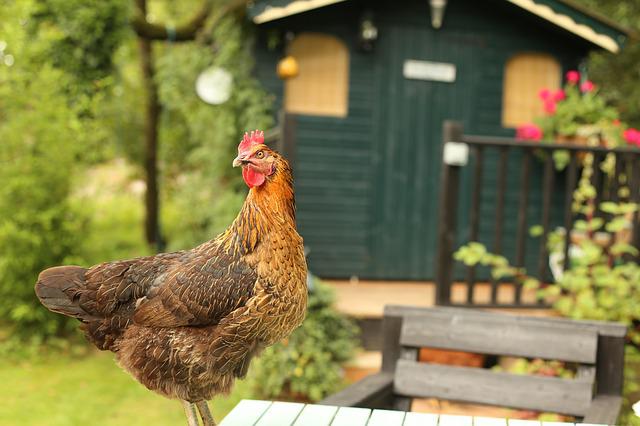Cape Town – South Africa is grappling with multiple outbreaks of highly pathogenic avian influenza (HPAI) H5 and H7, with over 50 confirmed cases across the country, as reported by the Department of Agriculture, Land Reform, and Rural Development (DALRRD).
The department has urged poultry farmers to promptly report any signs of the disease to the nearest State Veterinarian.
As of September 21, 2023, there have been 50 HPAI H7 outbreaks and 10 HPAI H5 outbreaks.
Gauteng province has been hit hardest by HPAI H7, with 37 confirmed cases, while Mpumalanga, Limpopo, North West, and the Free State have reported two, two, two, and one case(s) respectively.
“The reported number of chickens that have died is 107 705, while the reported number of chickens that were culled is 1 318 521. Based on these reported figures, there has been a total loss of 1 426 226 chickens.
Poultry companies are facing losses following the outbreak of a highly pathogenic avian influenza
Gauteng Province is the hardest hit with regards to the HPAI H7 outbreaks
The number of H7 outbreaks in the provinces are as follows:
• Gauteng – 37
• Mpumalanga – 2
• Limpopo… pic.twitter.com/rRy2DQXkvQ— News Live SA (@newslivesa) September 25, 2023
“The Western Cape province is the hardest hit with regards to the HPAI H5 outbreak, having a total of seven reported outbreaks. The other 3 HPAI H5 outbreaks are within the KwaZulu-Natal province,” the department said in a statement.
The DALRRD has observed an increasing number of newly detected H7 and H5 PCR positive farms and is urging the poultry industry to enhance biosecurity measures to mitigate the risk of introduction.
They are also facilitating the importation of fertile eggs for the broiler industry and considering a similar request for table eggs. Additionally, they are assisting Eswatini in the transit of fertile eggs for broiler production.
Vaccine registration is being expedited, with a focus on maintaining safety, efficacy, and quality. The department warned about the possibility of the avian influenza virus mutating and becoming zoonotic, emphasizing the importance of selecting vaccines with stringent quality and efficacy parameters.
Vaccination will only be permitted on farms with good biosecurity measures and approval from the department. Other requirements include surveillance for early detection of incursion and mandatory slaughter of vaccinated chickens.
The department encourages all producers to enhance biosecurity measures, particularly to prevent contact with wild birds and their fecal material, which can be transported via boots and equipment.
Follow African Insider on Facebook, Twitter and Instagram
Picture: Pixabay
For more African news, visit Africaninsider.com
Compiled by Betha Madhomu


